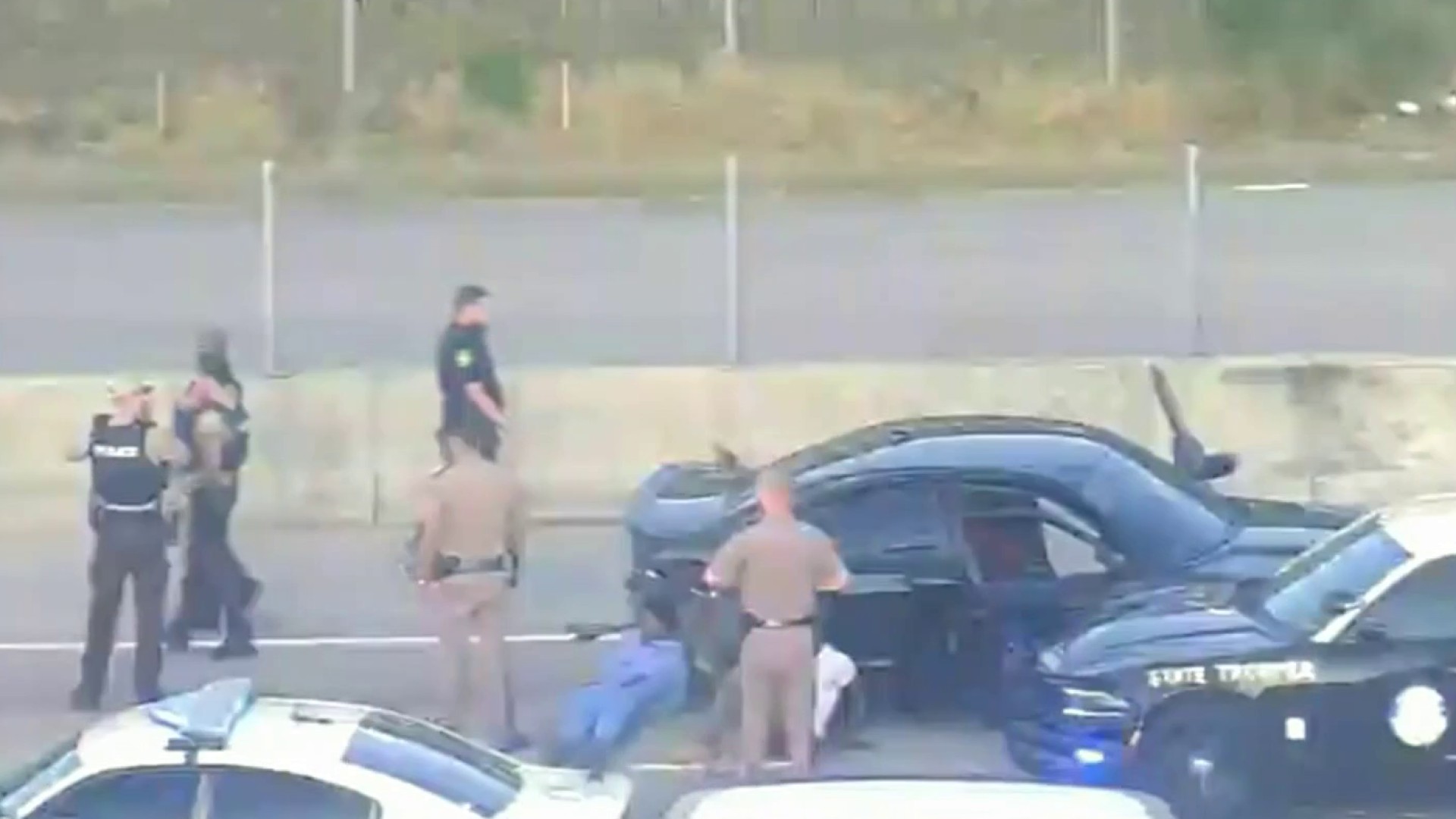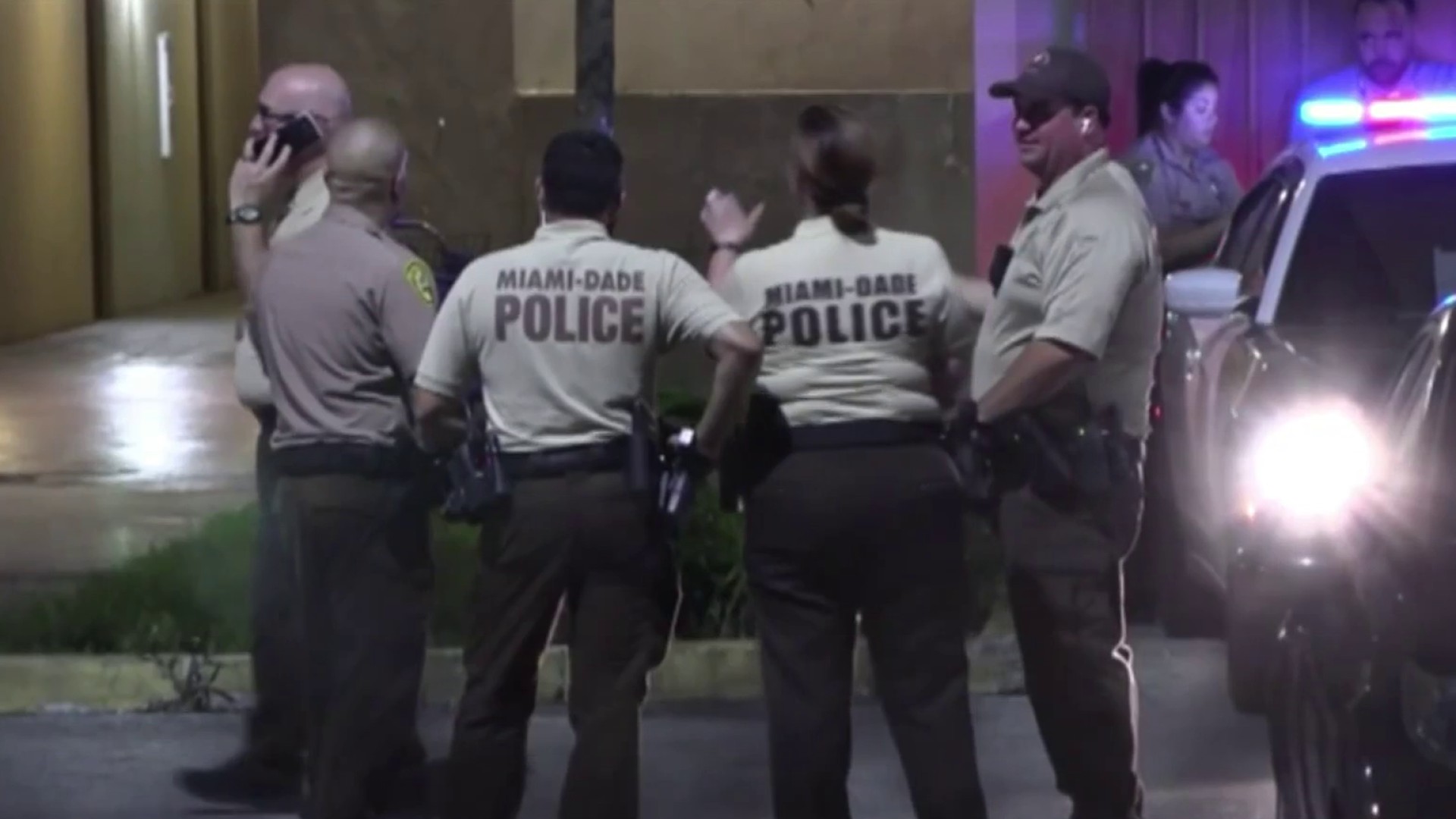Hate the drivers in the neighborhood who blast their car stereos beyond the ambiguously phrased allowable level?
The Florida Supreme Court will soon rule on whether regulating car stereo volume is a violation of drivers' First Amendment rights, possibly eliminating local noise ordinances in one fell swoop.
The court announced Monday that it will hear arguments in State vs. Catalano in February, a case that began when police in St. Petersburg ticketed a corporate lawyer for exceeding the noise limit by blasting a little Justin Timberlake at 7:34 a.m. on his way to work.
Richard T. Catalano fought the $73.50 ticket, and he's fought it all the way to highest levels of state law.
"I guess I'm their worst nightmare," he told the St. Petersburg Times in 2010. "I'm a lawyer with time."
At issue is the vague wording of Florida statute 316.3045, which states that vehicle stereo sound cannot be "plainly audible" from a distance of 25 feet or more.
Catalano has argued in his motions that "plainly audible" is "overly broad and vague, rendering it an unconstitutional restriction against the right of free speech," protected by both the U.S. and Florida constitutions, according to the Times.
Local
Catalano, who represents himself, has already once convinced a panel of judges to declare the state unconstitutional only to have the state appeal.
A second case involving a Marion County man has also pushed the issue to the hallowed halls of Tallahassee.
After Shannon Montgomery was pulled over for blasting music with "great enthusiam", as a judge put it, he was found to be in possession of marijuana and cocaine -- and to be driving with a suspended license.
While the Florida Court of Appeals, Fifth District dismissed Montgomery's argument that the law was too vague and therefore evidence in the charges against him should be suppressed, it did agree that loud music is a form of protected speech, finding the law "unconstitutionally overbroad."
Additionally, the court of appeals found the law appeared to protect advertising noise polution over non-commercial speech, a big constitutional no-no.
"In this case, music or a religious message amplified so as to be heard twenty-five feet away from a vehicle would violate the statute, while a sound truck blaring 'Eat at Joe's' or 'Vote for Smith' plainly audible at a great distance, would be authorized," wrote Chief Judge Richard B. Orfinger. "Clearly, the statute discriminates on the basis of content, not noise."
The state Supreme Court will make a final determination, with arguments set to begin February 9, 2012.



